KPMG Survey: Economic Recovery? Not Until ’13 or Later
A recent survey by audit and tax firm KPMG falls in line with most other economic reports in the early part of October 2011: Things are slowly improving, but a real recovery is still years away.
October 6, 2011
By Nicholas Ziegler, News Editor
A recent survey by audit, tax and advisory firm KPMG falls in line with most other economic reports in the early part of October 2011: Things are slowly improving, but a real recovery is still years away.
In its survey, the firm polled senior executives in commercial real estate on their outlook for the coming months, and many are starting to see improvements. A full 64 percent saw current revenues above their 2010 levels, and a further 75 percent anticipate higher revenues in 2012. Most are beginning to add staff, with 53 percent looking to grow their company’s numbers – but with 13 percent looking to decrease personnel.
The key number, though, is 57, as in 57 percent of respondents do not anticipate seeing a full economic recovery until 2013 or later.
“Although real estate executives see things moving in the right direction, they believe it’s going to be some time before they see evidence to support higher levels of confidence,” Greg Williams, national leader of KPMG’s building, construction and real estate practice, said. “This is not surprising considering the status of current uncertain economic conditions and how hard this industry was hit by the downturn.”
Another big part of upcoming strategies will involve distressed real estate. Sixty-six percent of respondents called the current marketplace for investment opportunities “better than a year ago” and 75 percent said distressed assets “would have an impact on their investment strategies over the next 12 months.” Williams characterized the results as a search for the bottom, as executives don’t quite know if pricing or markets have yet hit their low points.
Lack of tenant demand (36 percent), regulatory and legislative pressures (28 percent), and pricing pressures (23 percent) were deemed by commercial real estate executives to be the most significant barriers to growth over the next year. The majority of executives (57 percent) said they expected today’s key economic fundamentals (unemployment, job growth, cost of living, etc.) in their primary markets to be better this time next year, with 34 percent saying they would be the same as this year.
When asked to identify the single initiative on which company management would spend the most energy, time and resources over the next two years, 33 percent said investing in organic growth. Improving operation processes and related technology (16 percent), making changes to business models (13 percent), and mergers or acquisitions (13 percent) were the next highest ranking initiatives.
“While starting from a low point, we do see reasons for optimism as executives focus on growth and expand into new markets,” concluded Williams.

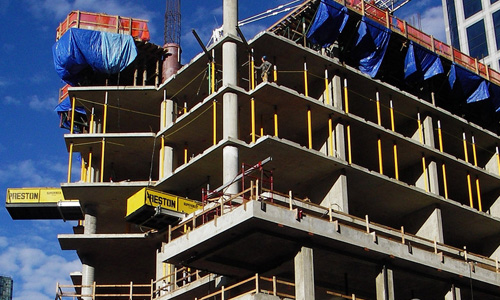
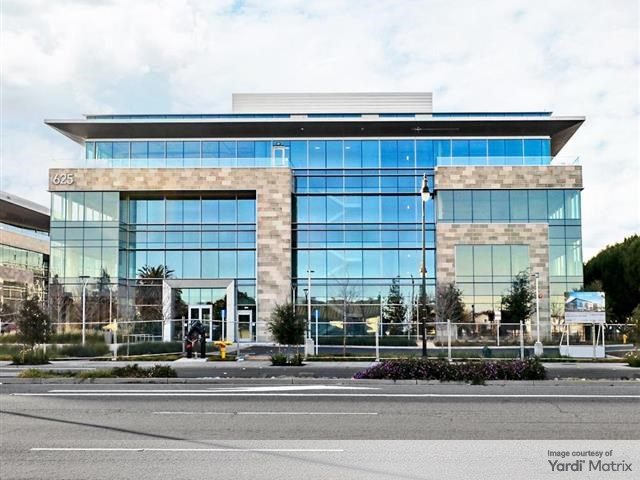
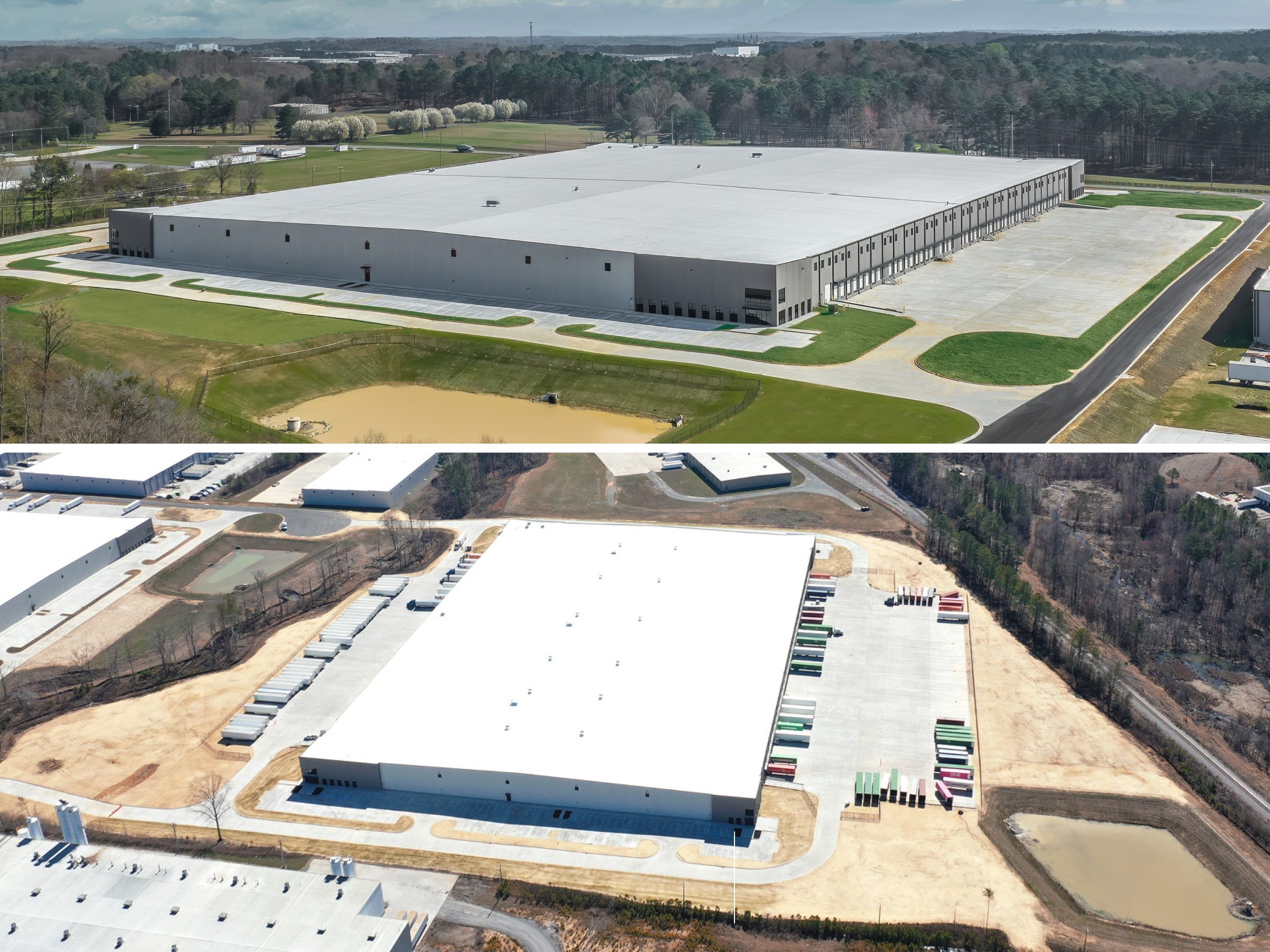
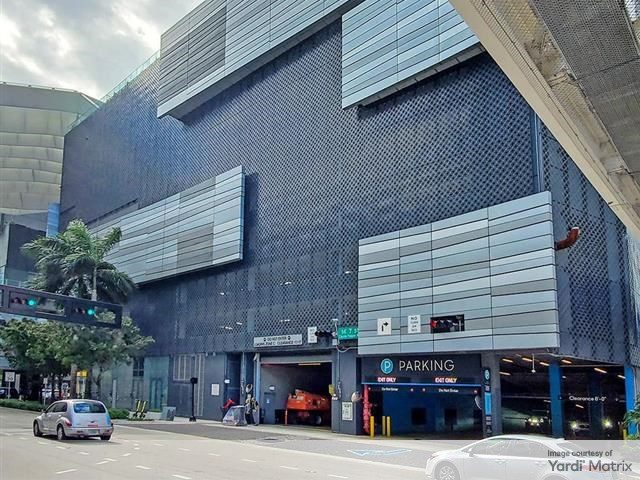
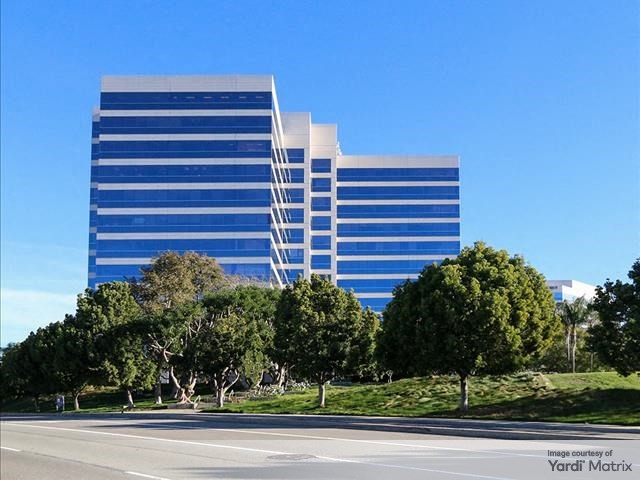

You must be logged in to post a comment.